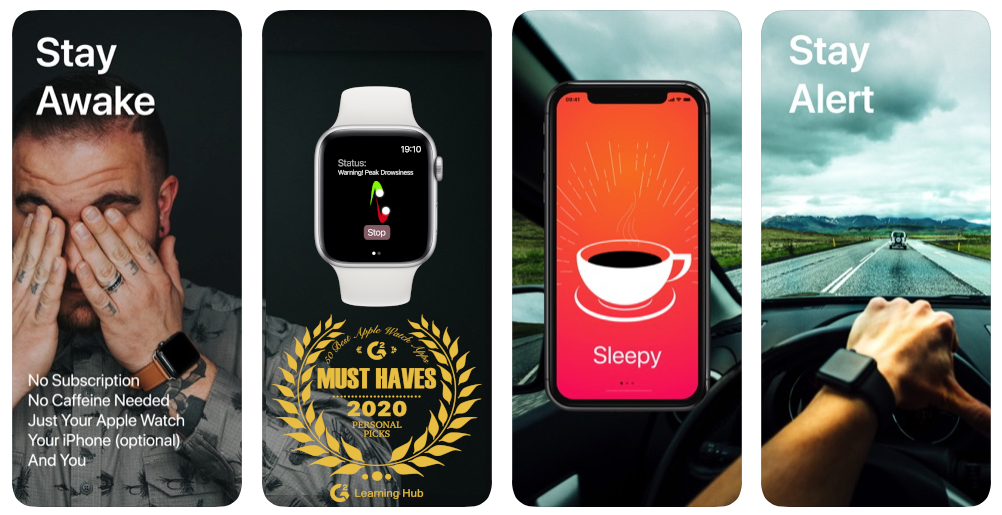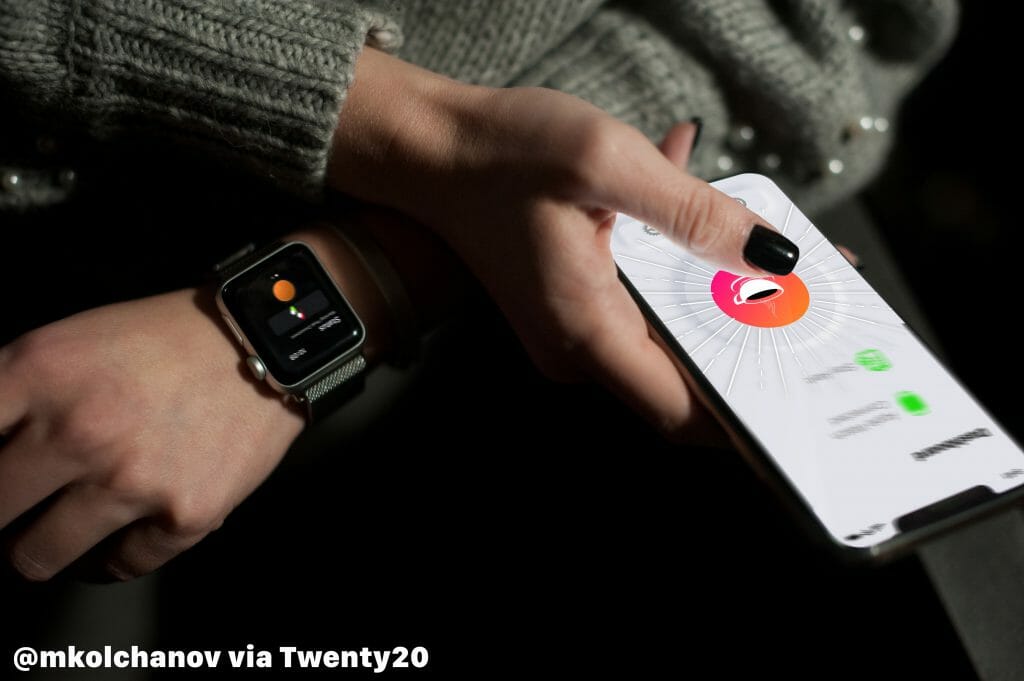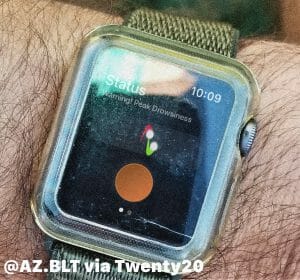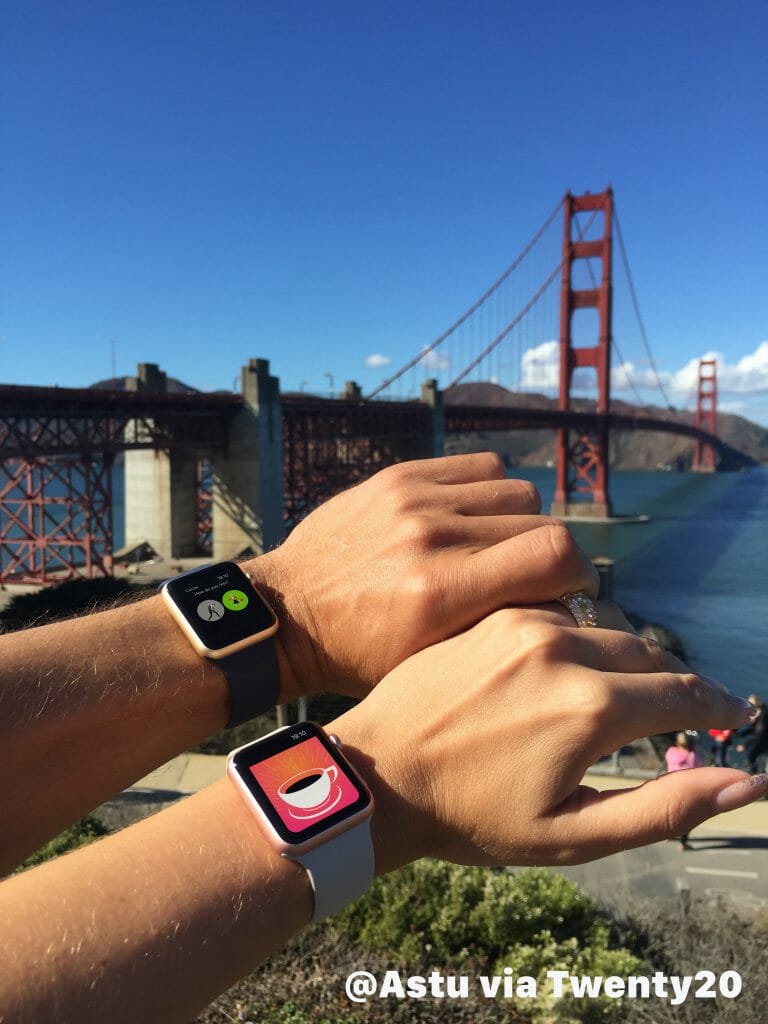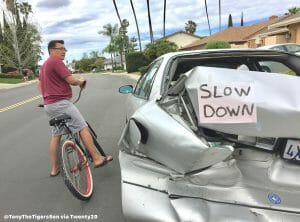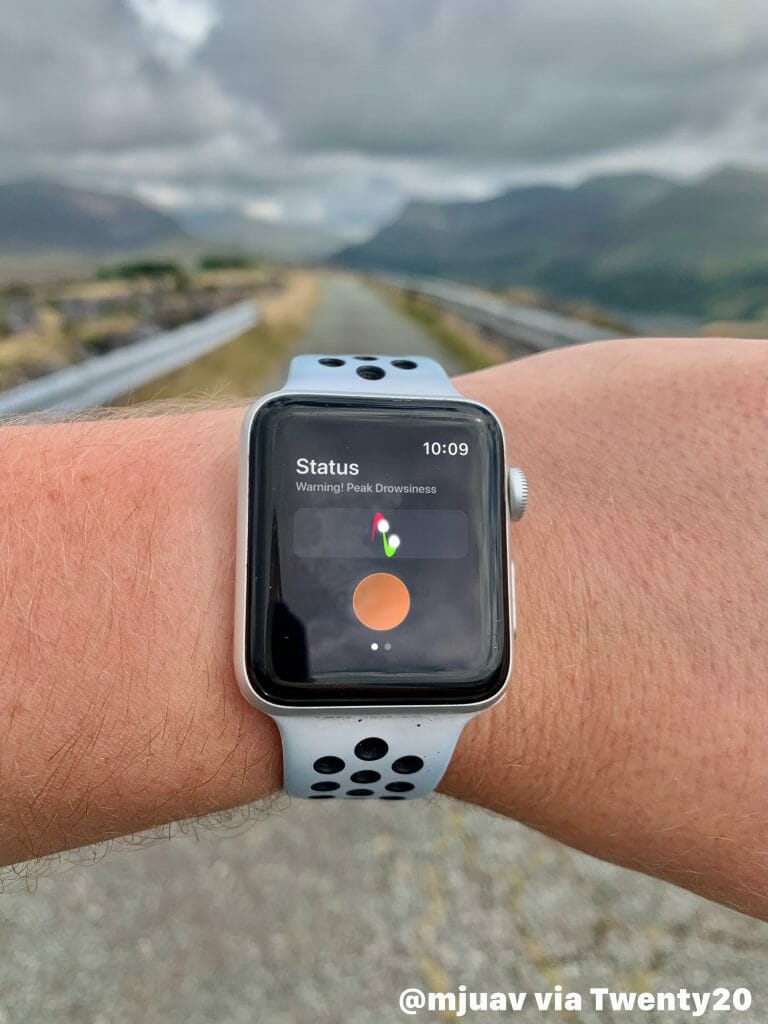Don’t Forget the Essentials
Those that regularly consumed larger amounts of caffeine suffered the most from the withdrawal symptoms.
Back to Basics
Sleep well, Eat well
Feeling tired, lethargic or run down? Unable to concentrate or focus as well as you need to? We all have periods when we feel that we aren’t firing on all cylinders, and for many the easy common sense way to overcome that lag in our energy is to have a coffee or to consume another caffeinated food, drink or pill.
Yep, it appears to work quickly and efficiently in the short term, but what about longer term? There is a lot of conflicting data in the public sphere that on the one hand espouses the benefits of drinking coffee and that caffeine can help combat diseases like dementia:
In conclusion, coffee/caffeine consumption is associated with a decreased risk of T2DM (type 2 diabetes) and possibly also with a decreased dementia risk. At present we cannot be certain that these associations are causal…
Biessels, G. (2010). Caffeine, Diabetes, Cognition, and Dementia. /Journal of Alzheimer’s Disease,/ /20(0),/ 143-150.
It should be acknowledged that caffeine does appear to have several properties that warrant further investigations in this field.
Whereas other reports express concern with regards to the increasing amounts of caffeine that are being consumed:
A rowing number of scientific publications, popular media reports, and elected officials openly question the safety of some ED (energy drink) products. Concern largely stem from the seemingly high caffeine content of these beverages, the unknown adverse health consequences of the various herbal additives (either alone or in combination with caffeine), and the prevalence of consumer-reported adverse side effects.
Johnson, L.A., Foster, .D., & McDowell, J.C. (2014). Energy Drinks: Review of Performance Benefits, Health Concerns, and Use by Military Personnel. Military Medicine,179(4)
Whether you drink coffee or consume caffeine or you actively avoid caffeine at all costs, it’s good sometimes to go back to basics and figure out how to deal with tiredness or a perceived lack of ability to concentrate.
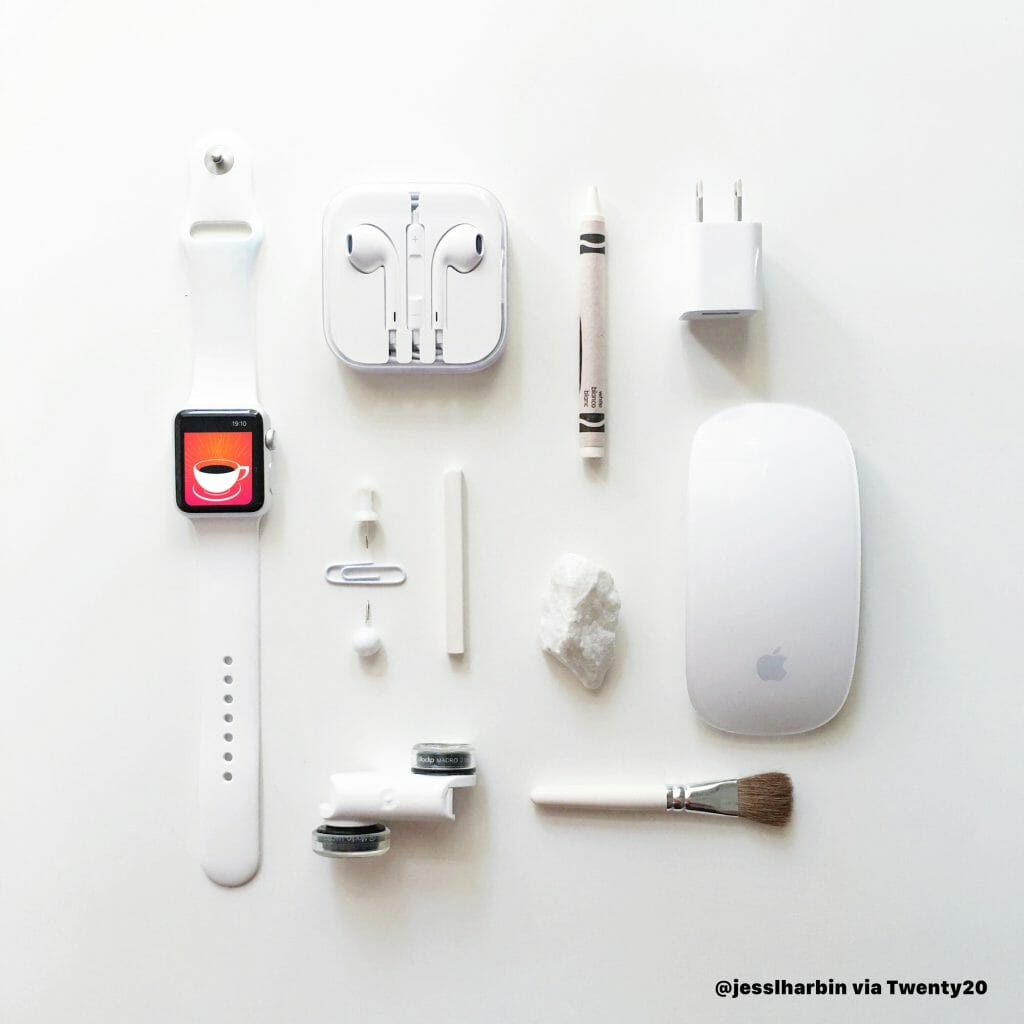
Tiredness, Lack of Focus
Caffeine is the most consumed stimulant on the planet. As a result, it’s no surprise that many need a coffee within the first twenty minutes of getting out of bed to help give them their first boost to get the day going.
Caffeine confers small but well-established improvements in attention, alertness and physical athletic performance for up to 60 minutes of following a dose of 3 to 6 mg/kg of body mass.
Johnson, L.A., Foster, .D., & McDowell, J.C. (2014). Energy Drinks: Review of Performance Benefits, Health Concerns, and Use by Military Personnel. Military Medicine,179(4)
Effects are optimised in individuals who abstain from caffeine 7 days before use.
It’s no wonder why people consume so much coffee and caffeinated sodas. For most it’s a no brainer, a safe quick win, besides, everyone does it. We usually consume caffeine in small doses so it appears that the dangers are limited.
As a result, now more than ever, it’s easier for us to put in long hours working or studying and still achieve high levels of concentration and productivity, whilst avoiding the tiredness and fatigue that we would experience if we didn’t consume caffeine. Many colleagues that I’ve worked with found it odd that I didn’t drink coffee. One in particular asked how I was able to focus, because without coffee, they found it almost impossible.
Others would comment that the fact that I took regular breaks and sometimes would go for a snooze away from my desk, proved that I needed to drink coffee and that I was punishing myself for no good reason.
No Quick Fixes
What I’ve found over the years, whilst both consuming and abstaining from caffeine, is how dependent I and others are on caffeine to help cover our shortcomings in other areas of our lives (sleep being the primary one).
There is no doubt about this fact. For the majority of people that consume caffeine in its many various forms, most don’t realise that they are addicted to it. For example, those people that I mentioned earlier that couldn’t start the day without drinking a coffee, are probably suffering from the withdrawal effects of caffeine, and their early morning fix is alleviating their withdrawal symptoms.
It happened with me a long time ago when I friend said that I should go easy on the coffee and caffeine pills whilst I was studying. I thought I could stop whenever I wanted, but when I tried, I felt terrible. At first I put it down to the fact that I was probably overworked and stressed, and had probably run myself down. It was only when I found myself unconsciously drinking a cola, and feeling much better, (my symptoms eased almost immediately), that I realised that I was hooked.
On withdrawal, 27 subjects reported tiredness and 18 developed headache. Electroencephalograph, skin conductance and blood pressure changes were apparent. Sleep improved on withdrawal but subjects reported feeling less alert and more tired. The higher the usual caffeine intake, the greater the unpleasant feelings on withdrawal and the more marked the reversal of feelings on resumption.
Lader, M., Cardwell, C., Shine, P., & Scott, N. (2016). Caffeine withdrawal symptoms and rate of metabolism: . Journal of Psychopharmacology,10(2),110-118.
A simple indicator to check whether you are addicted to caffeine or not is to go without any caffeine for a month and see if you experience any of the following within the first week of your abstinence:
- Decreased energy/activeness
- Decreased alertness/attentivemess
- Tiredness/fatigue
- Drowsiness/sleepiness
- Headache
- Foggy/not clearheaded
- Difficulty concentrating
- Depressed mood
- Anxiety/nervousness
- Irritability
- Decreased contentedness/well-being
- Nausea/vomiting/upset stomach
- Flu-like symptoms
- Muscle pain/stiffness
source: Ozsungur, S., Brenner, D., & El-Sohemy, A. (2009). Fourteen well-described caffeine withdrawal symptoms factor into three clusters. Psychopharmacology,201(4), 541-548.
What’s interesting is that many of the withdrawal symptoms are reasons people have for consuming caffeine. In the report “Fourteen well described caffeine withdrawal symptoms factor into three clusters”, it found that those that regularly consumed larger amounts of caffeine suffered the most from the withdrawal symptoms, and were the quickest to feel back to normal once they resumed consuming caffeine.
Although people are consuming caffeine to help boost their concentration and reduce tiredness, the evidence suggests that addicted caffeine users need increasing amounts of caffeine to reduce the withdrawal symptoms that they’re unaware they are suffering from.
The Essentials
Tiredness, fatigue and the inability to concentrate are your body’s way of warning you that something isn’t right and that you should slow down. First and foremost seek qualified medical advice from your general practitioner or doctor if you’ve been suffering from any of the above, (it may be a sign of a more serious health issue).
Caffeine effectively gets between you and your body’s messaging system to let you know that you need to rest or stop what you are doing. Tiredness can be reduced by getting enough quality sleep. The key here is quality as well as quantity. That means:
- Get 7 – 9 hours of good quality sleep
- Avoid caffeine and alcohol (if you have caffeine, stop consuming after mid day).
- Keep away from computers and smart phones before going to bed. Read books instead. Smartphones and computers give off blue light that reduces the level of melatonin that your body produces before you go to bed. If you want to sleep well you need higher levels of melatonin. Apps like f.lux can be installed on your computers and smart phones so as to counter this effect.
- Reduce or keep the naps that you have throughout the day to no more than 20 minutes. And no napping past 5 pm.
- Eat whole foods and exercise more. Exercise is a quick win that will improve the quality of your sleep immediately. A 20 minute walk has been proven to be beneficial in increasing your sleep quality.
Whilst working or studying:
- Take regular breaks away from your desk
- Replace coffee breaks with water breaks and/or light exercise or stretching breaks
- Organise yourself to tackle your more difficult tasks when you are most awake
Review
Caffeine does work in making us feel more energised, alert and productive. However, by masking how tired we really are we may just be kicking the can down the road rather than just addressing the issues that affect our attentiveness and wakefulness.
By avoiding dealing with the underlying issues we may be unnecessarily risking addiction and eventually decreased performance.
To make matters worse, the amount of caffeine we consume in a day may be more than we realise as caffeine is found in an increasing amount of food and beverages.
So, if we feel tired and unable to focus, get more rest, sleep, eat better, exercise more and make all of these points our priority daily habits.
Afterword
During sleep deprivation, moderate doses of caffeine (200 mg) have restored cognitive performance on tasks involving visual vigilance, learning, and memory.
Killgore, W., Kahn-Greene, E., Killgore, D., Kamimori, G., & Balkin, T. (2016). Effects of Acute Caffeine Withdrawal on Short Category Test Performance in Sleep-Deprived Individuals: . Perceptual and Motor Skills,105(3_suppl), 1265-1274.
Unfortunately, repeated use of stimulants such as caffeine is often associated with withdrawal effects once the stimulant is no longer active in the system.
Symptoms of caffeine withdrawal commonly include headache, fatigue, depressed mood, difficulty concentrating, and foggy thinking. Acute caffeine withdrawal also has interfered with cognitive functions such as focused attention and reasoning.
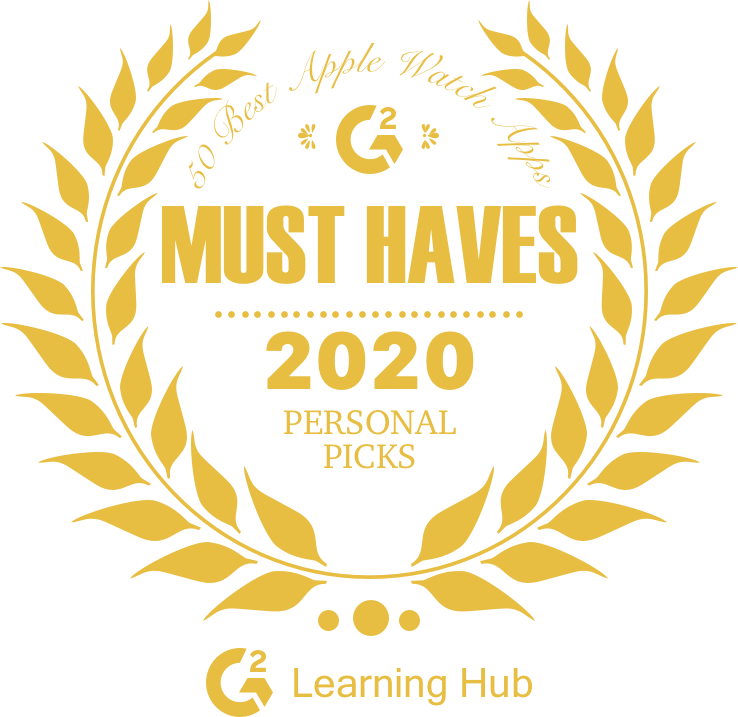
Now available on the App Store, download it now!
